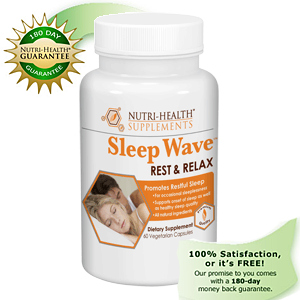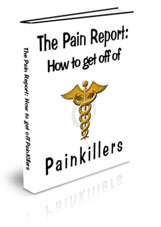Addicted?
Are you addicted to Painkillers? Is someone you know or love addicted to Painkillers? Is your son, daughter, husband or your wife addicted to Painkillers? If so and you’ve been looking for answers, then you have come to the right place.
Addiction to Painkillers is or has been on the rise and it affects everyone involved. Not just the person addicted to the drug, but the spouse and family of the person as well.
Addiction to painkillers begins in different several ways. With teens and young adults looking for a simple high, to the athlete or person who is a little older or someone with an injury getting pain medication from the doctor. Pain from an injury can be the beginning of the addiction when the pain is not dealt with but covered up with painkillers and they are taken for too long. The next thing that the person realizes is they “need” the pain medication.
I have heard it all to many times, a person started taking pain meds for recreational use on the weekend and before they know it they are hooked and the “have” to take them to be “normal”
If not treated painkiller addiction can lead to more intense problems. For the person who is dependent, finding and using the drug becomes the main focus of life. Opiates induce a tolerance and the need for more of the drug becomes prevalent in order to produce the same effects. With higher tolerance comes more dependence, with more dependence come more need.
In the worst case scenarios, this need can intensify and elevate to the point that the addicted person will start stealing to supply their habit. In other cases, depending on the circumstances; prostitution or other ways to get money can happen. This is not a pretty picture, and the movie “Traffic” comes to mind. While this movie is not the best portrayal of painkiller addiction it sure does a good job of getting the point across.
Opiate dependence can be summed up as this:
“Opiate addiction is recognized as a central nervous system disorder caused by continuous use of opiate based painkillers or medications. Extended abuse of these opiates lead to the cells in the brain to stop functioning normally and stop producing natural endorphins. Because the body is receiving opiates and is no longer producing endorphins, the nerve cells start to degenerate and cause an opiate addiction.”
Endorphins are what keep depression at bay and depression is one of the classic symptoms of withdrawal. When the drug is removed there are no endorphins or opiates to keep depression at bay and the person gets depressed. After being on opiates for an extended length of time the brain no longer produces the endorphins so the person needs to keep taking the opiates or pain pills to stay “happy”.
Even after a period of abstinance from pain medication, the brain will still not function correctly, and still does not produce endorphins as it should. This condition is called Post Acute Withdrawal Syndrome, or PAWS for short. It can take months on up to several years before the brain chemistry starts to function correctly again. This is one of the reasons recovering addicts find it hard to stay away, because they just want to be happy again.
Depression is one of the driving factors why recovering addicts return to opiate use, again, it’s because they just want to be happy. There needs to be something to counter this depression so the person has a chance to stay away from opiates long enough to have the brain chemistry return to normal. This is so they are not compelled to return to painkiller use.
We talk more about this in the section called “The Solution“.
Sign up for the Free Newsletter
|

















